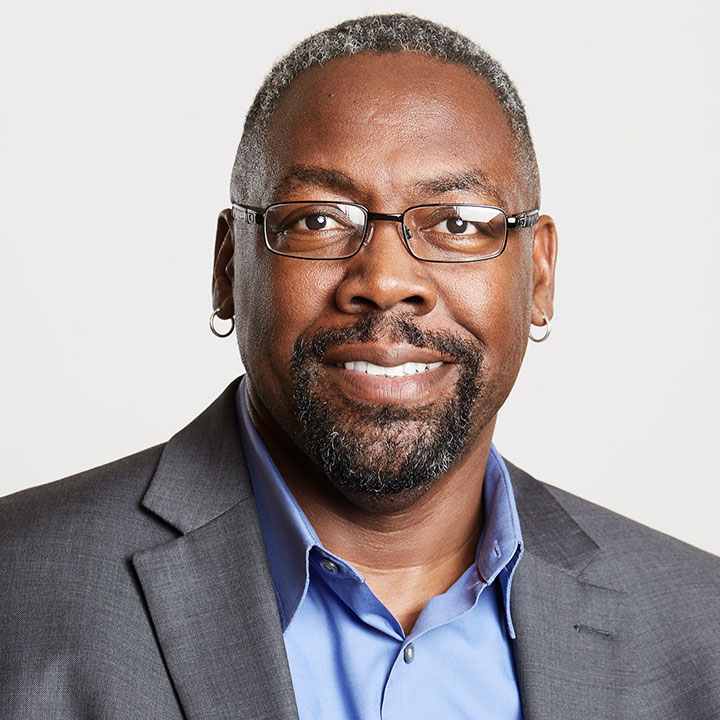Points of CFA's Commitment
A Dean’s First Step Towards Action*

Recent rise in violence against unarmed Black people in America has reignited activism for social justice across the nation. In addition to calls for social justice in the Black Lives Matter (BLM) movement, a national call has been issued for greater focus on diversity, equity and inclusion (DEI) for a broader construction of peoples. The rubric BIPOC (Black, Indigenous, People of Color) has emerged for some to open broader recognitions. While varied constructions such as LGBTIQCAPGNGFNBA+ (Lesbian, Gay, Bisexual, Transgender, Intersex, Queer, Curious, Asexual, Pansexual, Gender-non-conforming, Gender-Fluid, Non-binary, and Androgynous) serve as an ongoing project in the emergence and defining of identity categories once cloistered in social derision.
Some suggest that labeling-politics of particularity and plurality has the potential to create issues of foregrounding some and further invisiblize others; others who have also been historically marginalized, disenfranchised, intersectionally celebrated, and yet despised lives and identities that all matter. It must be recognized and stated clearly that the political activism of naming, for example: #sayhername, is a step in recognizing their (our) beings and listening to their (our) articulated lived experiences that is critical to democratization and liberation. Naming and the processes linked to "inclusion" is essential to the change that we must not only see in the world but the change we must be in the world. It is a clarion call for all to be collectively involved in igniting an activism of radical inclusiveness; an activism designed to change the social constructions that uphold a politic of privilege and meeting the diverse needs of the assumed "other" in society. This is only the beginning of dismantling systems of oppression embedded in the master narrative that rejects difference; this is a beginning effort in the LMU College of Communication and Fine Arts (CFA) linked with university efforts to get there. There, not as a place but a set of possibilities leading to the potentialities of being and becoming better beyond the horizons of our current historical moment; and beyond LMU. The success of our efforts now will become emblematic to our culture, our curriculum, and our commitment to cura personalis—seamlessly and without doubt—as the embodiment of our university mission.
In the LMU College of Communication and Fine Arts
- we are committed to social change;
- we are committed to social justice;
- we are committed to the emancipatory politics of difference;
- we recognize the liberatory possibilities in diversity for our community;
- we recognize the innate dignity of all human beings, and life itself
- and we recognize the need to move more fervently towards greater evidence of diversity, equity and inclusion—throughout the college, both curriculum and co-curriculum; as well as all that matters—in the education of our students, the professional and personal lives of our faculty and staff, and the emancipation of our diverse cultural identities.
To this extent, the LMU College of Communication and Fine Arts, under my leadership and in alignment with broader initiatives of the university, seeks to engage a process of addressing historical omission of difference through a concerted politic of radical cultural representation across racial / ethnic / gendered identities.
As first steps:
- The voices of diverse and racialized students, faculty and staff will be brought to the forefront to articulate their lived experience.
- Greater effort will be put forth to examine the curriculum in all CFA classes to bring forth the contributions of diverse teachers/artists/scholars/practitioners in the varying disciplines of the college. Each department will be charged with this task.
- Every effort will be made to hire more racially/ethnically/gender different individuals when and how possible.
- Every effort will be made to bring more racially/ethnically/gender different individuals when and how possible for public presentations/performances/exhibitions representing the differing disciplines in the college.
- An effort will be made to establish a resource list of Los Angeles-based critical and artistic activities of diverse artist-scholars' as a focus on "current" happening in the area. This will be facilitated through a BIPOC identified and hired work-study student working collaboratively with the CFA Communications Manager.
- Students will be invited and supported to take a greater part in deeply immersive experiences in the diverse arts and cultures of Los Angeles. During social distancing restrictions related to COVID-19 the college initiative will bring in speakers through Zoom and/or webinars and when possible, speakers will be brought to campus, and students will be directed and accompanied to experiences/excursions in greater Los Angeles.
- A CFA DEI college steering council was activated in the Fall 2020 to research and identify issues in all aspects of the college. Associate Dean Michele Hammers and Assistant Dean Elaine Walker were appointed as co-chairs, bringing the breadth and depth of their commitments to D.E.I. issues to marshal the college efforts. The council is comprised of faculty representatives from all CFA departments, staff, student and alumni representation. Such a committee will establish the bylaws of its charge and operations.
- A footprint on the CFA college webpage will serve as signal, repository and resource for these efforts and a public display of college commitment.
I recognize that these issues, concerns and efforts as just the beginning of a process. With ongoing collaboration between our faculty, staff and especially our students and alumni; with each assigning time, talent and treasure—we will work together toward activating strategies and programs for change.
Bryant Keith Alexander, PhD
Dean, LMU College of Communication and Fine Arts
*Constructed as an initial response to the university-wide DEI charge, and work with students from the BIPOC political push in the department of Art and Art History. Part of the beginning frame of this position statement has been folded into the introduction of The Routledge International Handbook of Gender and Communication (November 2020). Dean Alexander serves as one of three editors of the volume.